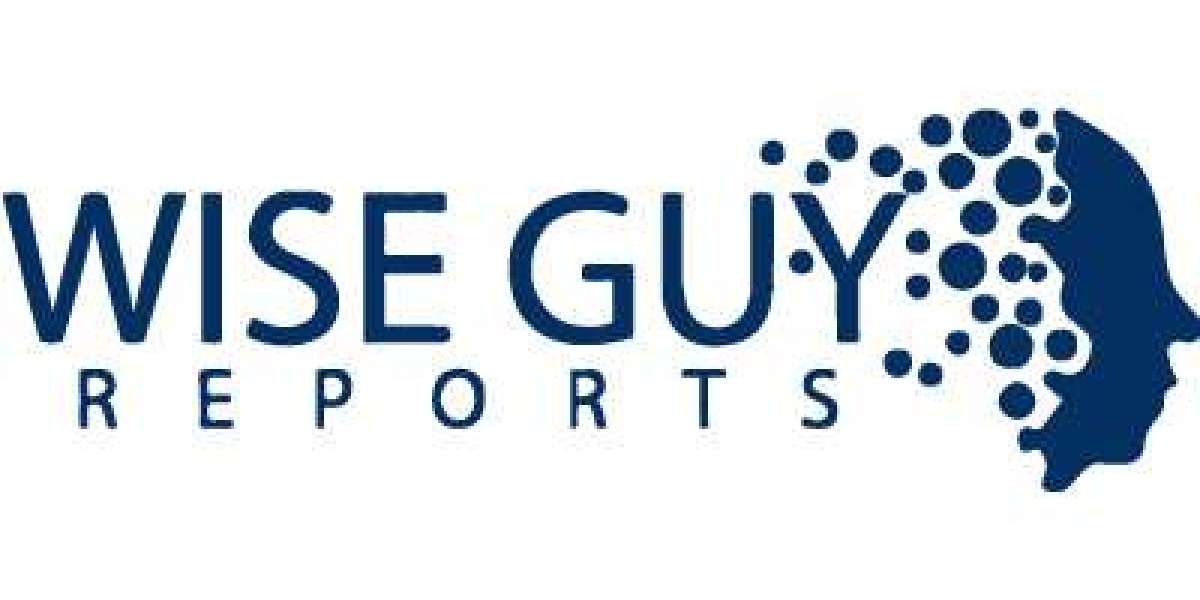Islamic finance is rapidly transforming the global financial landscape, offering ethical and sustainable alternatives to conventional banking. For professionals and students aiming to become future finance leaders, pursuing a Doctorate (PhD) in Islamic Finance can be a pivotal step toward mastering the complexities of this field. Accredited and expert-led, the Islamic Banking and Finance PhD course equips learners with specialized knowledge and the strategic insight needed to influence regulatory frameworks worldwide. This article delves into the significant impact of AIMS PhDs in Islamic Finance, showcasing how this advanced program shapes policy, drives innovation, and empowers graduates through real-world success stories and standout program features.
The Growing Importance of Islamic Finance Education
Islamic finance has grown significantly, now valued at over $2 trillion globally. This growth has driven the need for advanced research and trained professionals capable of navigating its complexities. Earning a Ph.D. in Islamic Finance allows graduates to bridge the gap between theoretical principles and practical applications, making substantial contributions to the academic and regulatory aspects of the field. Programs like those offered by AIMS Education stand out for their flexibility and focus on empowering global learners.
Benefits of Pursuing a Ph.D. in Islamic Finance at AIMS:
- Global Accessibility: A fully online format makes the program accessible to students and professionals worldwide, eliminating geographical barriers.
- Career Advancement: Graduates gain a competitive edge for roles in academia, financial consulting, and regulatory authorities.
- Accredited Excellence: The accreditation ensures that the program meets global standards, bolstering its credibility and recognition in the job market.
How AIMS PhDs Shape Regulatory Frameworks in Islamic Finance
AIMS Ph.D. candidates are at the forefront of Islamic finance research, exploring foundational concepts such as Shariah compliance, risk-sharing mechanisms, and ethical investment models. Leveraging their expertise, these graduates influence regulatory frameworks in several ways:
1. Enhancing Policy Development
Regulatory bodies often rely on Islamic finance research to create policies that align with Shariah principles while ensuring economic stability. AIMS graduates contribute directly by publishing papers and offering insights into critical areas like Islamic central banking and fiscal policy adjustments.
2. Advancing Financial Instruments
Innovative tools such as Sukuk (Islamic bonds) and types of Istisna for project financing owe their evolution to research conducted by Islamic finance scholars. AIMS alumni actively collaborate with financial institutions to design products that meet modern needs while adhering to Shariah guidelines.
3. Promoting Global Standardization
A lack of harmonized standards remains one of the primary challenges in Islamic finance. AIMS doctoral researchers work with organizations like AAOIFI (Accounting and Auditing Organization for Islamic Financial Institutions) to draft standardized policies that foster global acceptance.
4. Driving Ethical Banking Practices
By defining the main objectives of Islamic public finance systems, AIMS graduates advocate for ethical practices and social justice in financial sectors, ensuring that finance serves the greater good.
Real-World Success Stories from AIMS Graduates
The influence of AIMS Education alumni extends far beyond academic research. Here are some inspiring highlights:
- Dr. Samira Ahmad: After earning her Ph.D. through AIMS, Dr. Ahmad became a policy advisor for a prominent central bank in the Middle East. Her expertise in Sukuk issuance has been pivotal in expanding the region's Islamic capital markets.
- Mr. Zaid Khan: AIMS alumnus Mr. Khan now leads the Shariah compliance division of a multinational financial institution. His doctoral research on risk mitigation strategies in Murabaha contracts has provided a framework for global operations.
- Dr. Fatima Noor: Focused on fintech innovations in Islamic banking, Dr. Noor has developed AI-driven models to streamline Zakat collection and distribution, enhancing transparency and efficiency.
Practical Applications and Job Market Relevance
AIMS graduates bring unparalleled value to the job market. Organizations increasingly seek experts who can align Islamic financial principles with real-world challenges. Career trajectories for Ph.D. holders in this field often include:
- Academic positions at leading universities
- Advisory roles within financial institutions
- Policy-making positions in regulatory bodies
- Consulting for startups and established firms in ethical finance
Key Applied Skills Gained Through the Program:
- Designing Shariah-compliant financial products
- Conducting regulatory impact analyses
- Leading cross-functional teams in Islamic finance initiatives
These practical applications ensure that knowledge is not confined to academia but directly benefits organizations and communities.
Frequently Asked Questions About Islamic Finance Ph.D. Programs
- What makes an Islamic Finance Ph.D. from AIMS unique?
AIMS offers a flexible online program with globally recognized accreditation, empowering professionals while accommodating their schedules.
- What career opportunities are available for Ph.D. graduates in Islamic Finance?
Opportunities span academia, financial consulting, regulatory roles, and entrepreneurship in ethical finance solutions.
- Is prior knowledge of Islamic finance required to enroll?
While a foundational understanding may help, AIMS provides introductory modules to ensure all students are equipped to succeed.
- How does the program address real-world challenges in Islamic finance?
The curriculum blends theoretical principles with case studies and research projects directly impacting the financial sector.
- Are there networking opportunities for students?
Yes, AIMS connects students with a global network of professionals, fostering collaborations and career growth.
- Can students publish their research through AIMS?
Absolutely. AIMS encourages publication to elevate students' profiles and contribute to the field.
- What support is available during the program?
Students benefit from expert faculty mentorship, online resources, and interactive discussions.
Conclusion
The impact of AIMS Ph.D. graduates in Islamic finance is undeniable. By equipping learners with advanced insights and practical applications, the program not only shapes successful careers but also influences global financial practices and policies. Whether you're a professional seeking career advancement or a student passionate about ethical finance, the expert-led Islamic Banking and Finance PhD course for future finance leaders offers an unparalleled opportunity to make a difference.














